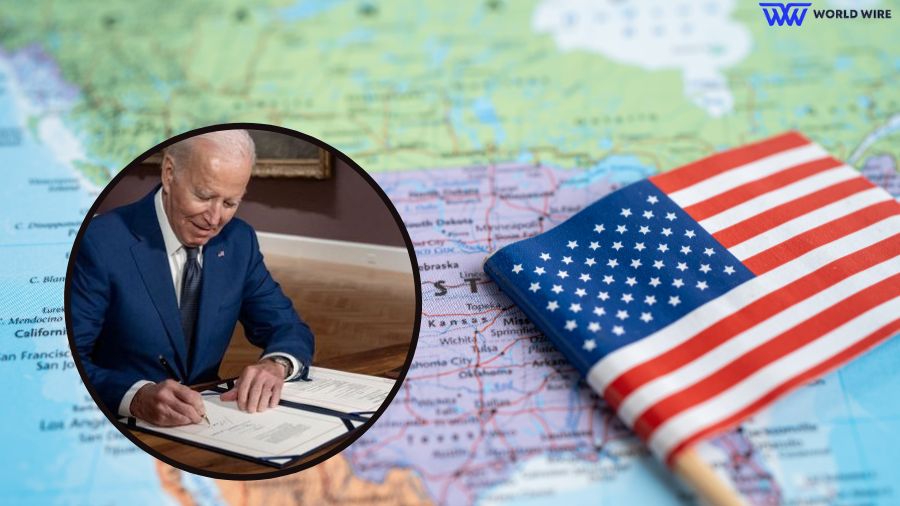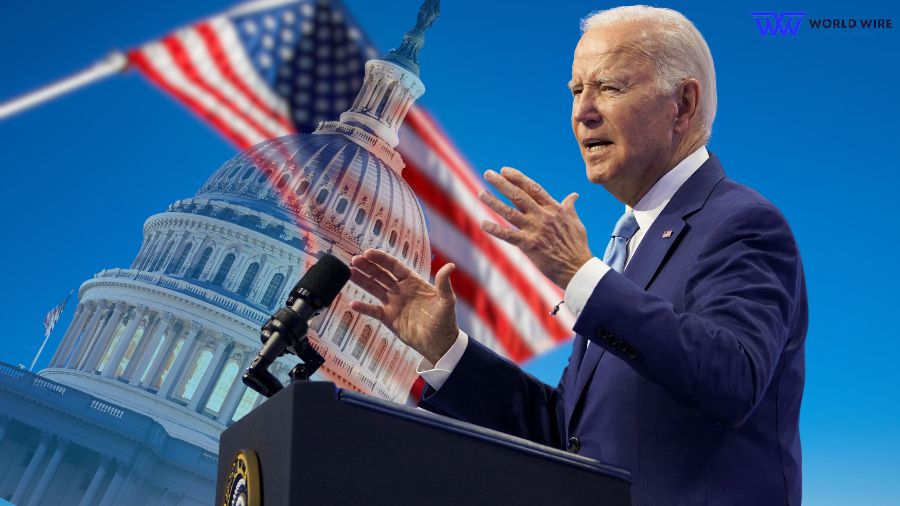A government shutdown scheduled to start at midnight on November 17 was avoided when President Joe Biden signed the temporary spending bill on November 16. A one-year extension of the 2018 Farm Bill is included in the stopgap bill.
Because it extends financing for certain government programs through January 19 and for others until February 4 of 2024, the bill Biden signed is commonly called “stopgap funding.”
Biden Farm Bill Extension, Stopgap Funding for USDA Broadband
By a vote of 336 to 95, the U.S. House of Representatives approved the legislative package earlier this week. The United States Senate approved the bill by a vote of 87 to 11.
Usually passed every five years, the Farm Bill is a package of legislation. It includes a broad range of programs, including nutrition programs, crop insurance, and initiatives supporting the use of bioenergy.
On September 30, 2023, the 2018 Farm Bill expired. Congress will have about ten months to draught and enact a new Farm package thanks to the extension of the 2018 Farm Bill included in the stopgap funding bill, which runs through September 30, 2024.
Leif Oveson, vice president of government affairs for NTCA and Eric Keber, vice president of government affairs for WTA, was contacted by Telecompetitor to discuss the bill. They clarified that the bill permits USDA to carry out the broadband initiatives included in the 2018 Farm Bill until September 2024.
However, according to Oveson and Keber, the Farm Bill broadband programs are only financed through January 19, despite some press reports claiming they were supported through September.
Stakeholders anticipate that Congress will enact more legislation to prolong government financing while problems with other federal programmes are resolved.
Key broadband deployment programmes in the current Farm Bill include the Broadband Loan and Grant Program, the Community Connect Program, and the Distance Learning and Telemedicine Program, Oveson and Keber confirmed with Telecompetitor. According to WTA, such programs will get the same annual money outlined in the current Farm Bill.
The Broadband Loan and Grant Program will receive $3 million, Community Connect will receive $35 million and $70 million for the Distance Learning & Telemedicine Program.

Although not included in the Farm Bill, the USDA-managed ReConnect Program is financed through January 19 at about $379 million annually, according to Keber. To help with the costs associated with deploying broadband in rural areas, this program offers grants, loans, and grant/loan combinations.
The Reconnect Program received additional financing during the COVID-19 pandemic beyond the allocated amount.
The additional money was part of the legislation created to encourage broadband installation in underserved areas, as the country realized it needed to provide broadband access everywhere after the COVID-19 pandemic.
When the Farm Bill is revised, the NTCA and WTA want to incorporate the ReConnect program into the legislation.
Keber said, “We want to get ReConnect properly authorized so it’s a longer-term program rather than relying on appropriations each year,”
In line with the regulations that have been in effect for the previous two years, he continued, WTA wants to ensure that ReConnect rules require funding recipients to deploy service at speeds of at least 100 Mbps symmetrically.
The NTCA has stated that it opposes ReConnect, favouring any certain category of providers.
According to Oveson, stakeholders will have until September 2024 to negotiate a revised Farm Bill.







Add Comment